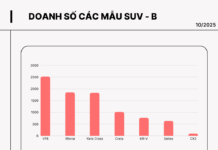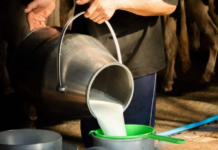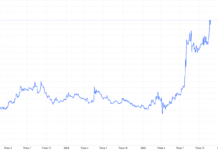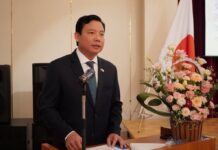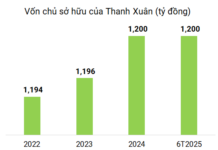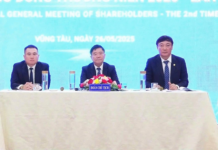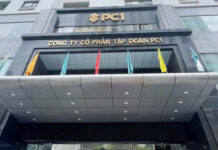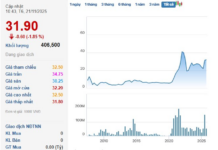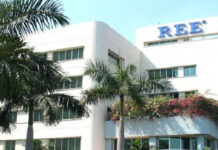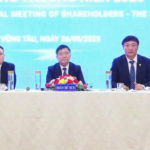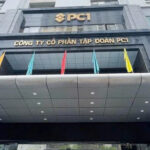
The report assessed that Vietnam’s socio-economic situation in the last months of the year continued to recover, with each month showing more positive results than the previous one, and each quarter performing better than the preceding one. The country basically achieved the general goals set out and made significant progress in various fields.
Specifically, GDP growth reached 5.05%, although it fell short of the target, it is still a high rate compared to the world and the region. The economy’s scale reached $430 billion, propelling Vietnam into the group of upper-middle-income countries. Inflation was kept in check, with the average consumer price index (CPI) increasing by 3.25%. The monetary and foreign exchange markets remained stable, and interest rates decreased.
Revenue collection reached over VND 1,750 trillion, exceeding the estimate by 8.2% and increasing by VND 133.4 trillion. Tax, fee, charge, and land rent exemptions, reductions, and extensions totaled nearly VND 191.5 trillion. The government budget deficit was about 3.5% of GDP, and public debt was about 37% of GDP, well below the ceiling and warning threshold. As of the end of 2023, approximately VND 680 trillion has been allocated to implement the new salary policy.
People’s lives continued to improve, with the average income of workers reaching VND 7.1 million per month, a 6.9% increase. The number of households with increased and stable incomes reached 94.1%.
Total import and export turnover reached $681 billion, with a trade surplus of $28.3 billion (previously reported at about $15 billion). FDI attraction reached $39.4 billion (previously reported at about $27-30 billion), an increase of 34.5%; FDI realization reached $23.2 billion (previously reported at about $20-22 billion), an increase of 3.5%, the highest ever.
According to Deputy Prime Minister Le Minh Khai, given the context of rapid, complex, and unpredictable global and regional changes, the achievements of 2023 are highly commendable, valuable, and a source of pride.
However, the Deputy Prime Minister also pointed out that Vietnam still faces certain limitations and challenges, such as economic growth not meeting the set target, difficulties in production and business activities, access to credit, and cumbersome investment and business procedures…
Moving into the first quarter of 2024, Deputy Prime Minister Le Minh Khai stated that the economy continued to recover, and socio-economic activities became more vibrant. International organizations continued to give positive assessments of Vietnam’s growth prospects for 2024.
Accordingly, GDP growth in the first quarter of 2024 reached 5.66%, the highest in the 2020-2023 period. This is a significant achievement given the numerous challenges faced by the economy.
As of the first four months of the year, public investment disbursement reached 17.46% of the plan, the highest in the last four years. Total registered FDI reached $9.27 billion, an increase of 4.5%, including $7.11 billion in newly registered FDI, a surge of 73.2%.
FDI realization reached $6.28 billion, an increase of 7.4%, the highest in the last five years. Many large corporations have committed to investing in Vietnam in electronics, chips, semiconductors, and renewable energy sectors…
Furthermore, the development of socio-economic infrastructure has been accelerated, especially important and key national transportation and energy projects. Among them, the Dong Dang-Tra Linh and Huu Nghi-Chi Lang highway projects were inaugurated, and the expansion of Terminal T2 at Noi Bai International Airport was completed and put into operation. A 30-km section from Dien Chau to Bai Vot and a 79-km section from Cam Lam to Vinh Hao of the North-South Expressway were also opened, bringing the total length of expressways in operation to over 2,000 km.
Planning has also been a key focus, with 110 out of 111 plans completed in terms of formulation, appraisal, and approval. Most industry, field, and provincial plans have been approved, announced, and implemented, notably the approval of all six regional socio-economic plans and the submission of the National Marine Space Planning to the National Assembly for approval.
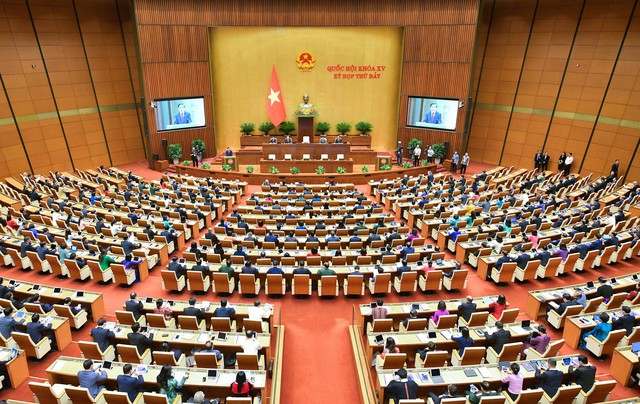
Panorama of the 7th Session of the 15th National Assembly. Photo: VGP
Renewing the Growth Drivers
Regarding the main tasks and solutions for the coming time, the report forecasts that the world and regional situations will continue to evolve in a complex and unpredictable manner, posing significant challenges and pressures on the direction and management of the macro-economy and socio-economic development.
In the near future, Deputy Prime Minister Le Minh Khai shared that the main tasks and solutions are to prioritize promoting growth in tandem with macroeconomic stability, curbing inflation, and ensuring the major balances of the economy. This involves closely and effectively coordinating macroeconomic policies.
It is necessary to renew traditional growth drivers and promote new ones. Continue implementing policies on interest rate exemptions and reductions, debt restructuring, and tax, fee, charge, and land rent exemptions, reductions, and extensions to support production and business activities.
Strengthen financial and state budget discipline; expand the tax base, ensure proper, sufficient, and timely collection, and combat tax losses, especially from business and cross-border e-commerce activities in dining services. Strictly adhere to regulations on electronic invoices to prevent prolonged delays.
Scrutinize and cut down on regular expenditures in the state budget; review and resolutely reduce unnecessary spending. Enhance price and market management, and devise a suitable roadmap for adjusting prices of goods and services managed by the state.
Proactively, flexibly, and effectively manage monetary policy; coordinate it harmoniously, closely, and effectively with a reasonably expanded fiscal policy, with a focus on key areas, and other policies.
Manage exchange rates and interest rates in line with market conditions and set goals. Actively deploy solutions to stabilize the gold market as stipulated; focus on inspection and supervision; apply electronic invoices and strengthen information and communication.
Continue removing obstacles and creating favorable conditions for businesses and people to access credit; direct credit to production and business activities, priority areas, and growth drivers. Aim for a credit growth rate of about 15% and a lending interest rate reduction of 1-2%. Promote the disbursement of the VND 120 trillion program for social housing, worker housing, and old apartment building renovation.
Vigorously promote public investment disbursement, using it to activate and lead private investment, and strengthen public-private partnerships. Promptly report to competent authorities to adjust the capital plans of ministries, agencies, and localities that have not allocated or slowly disbursed capital to those that disburse quickly and require additional capital. Timely address difficulties and obstacles to accelerate the progress of important and key national transport and energy infrastructure projects and the National Target Programs; strive for a disbursement rate of over 95% of the assigned plan.
Enhance trade promotion and boost exports to major markets, tap into potential markets, and take advantage of signed trade agreements. Expedite negotiations and the signing of free trade agreements with the United Arab Emirates (UAE) and the Southern Common Market (MERCOSUR). Vigorously develop the domestic market, stimulate consumption, and effectively carry out the movement “Vietnamese people give priority to using Vietnamese goods.”

